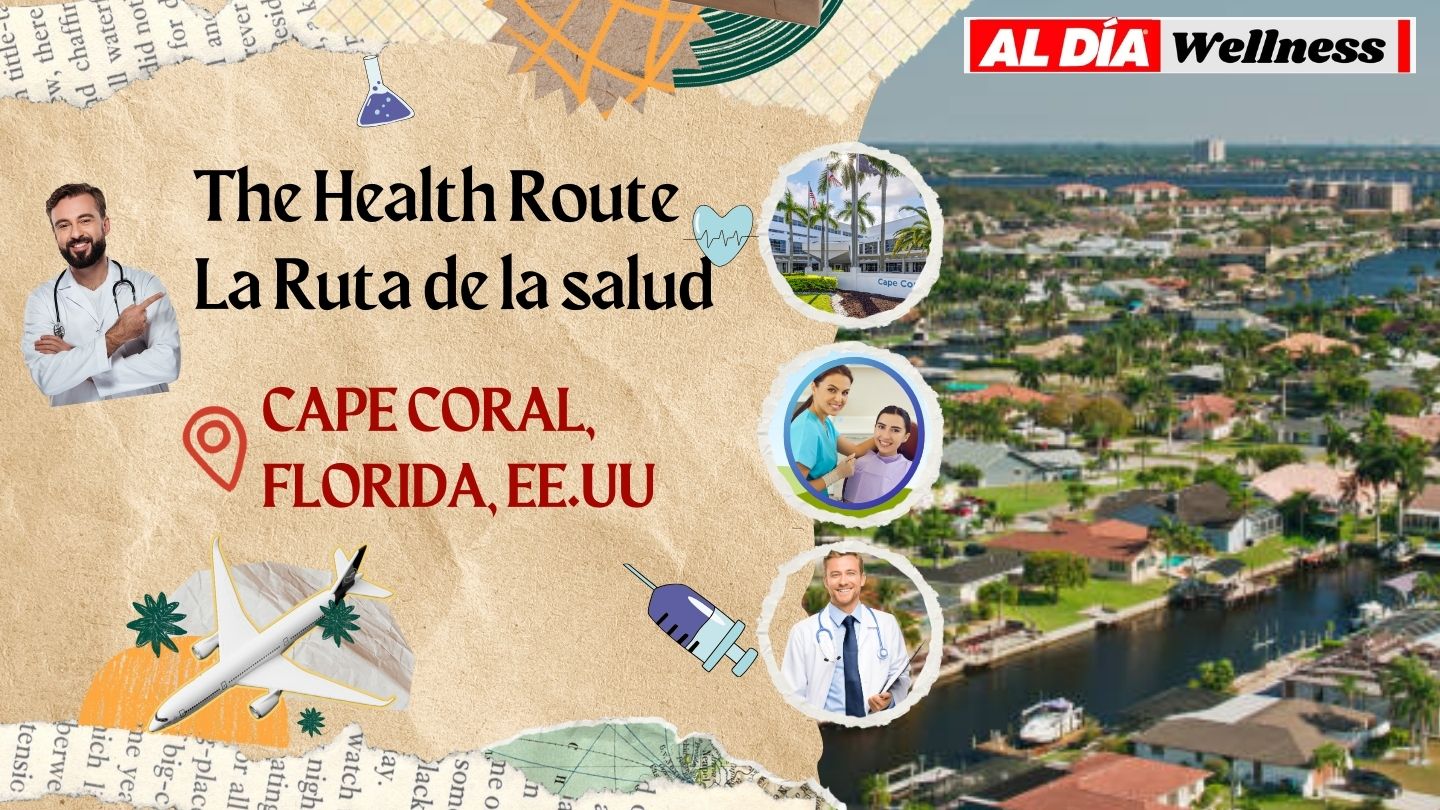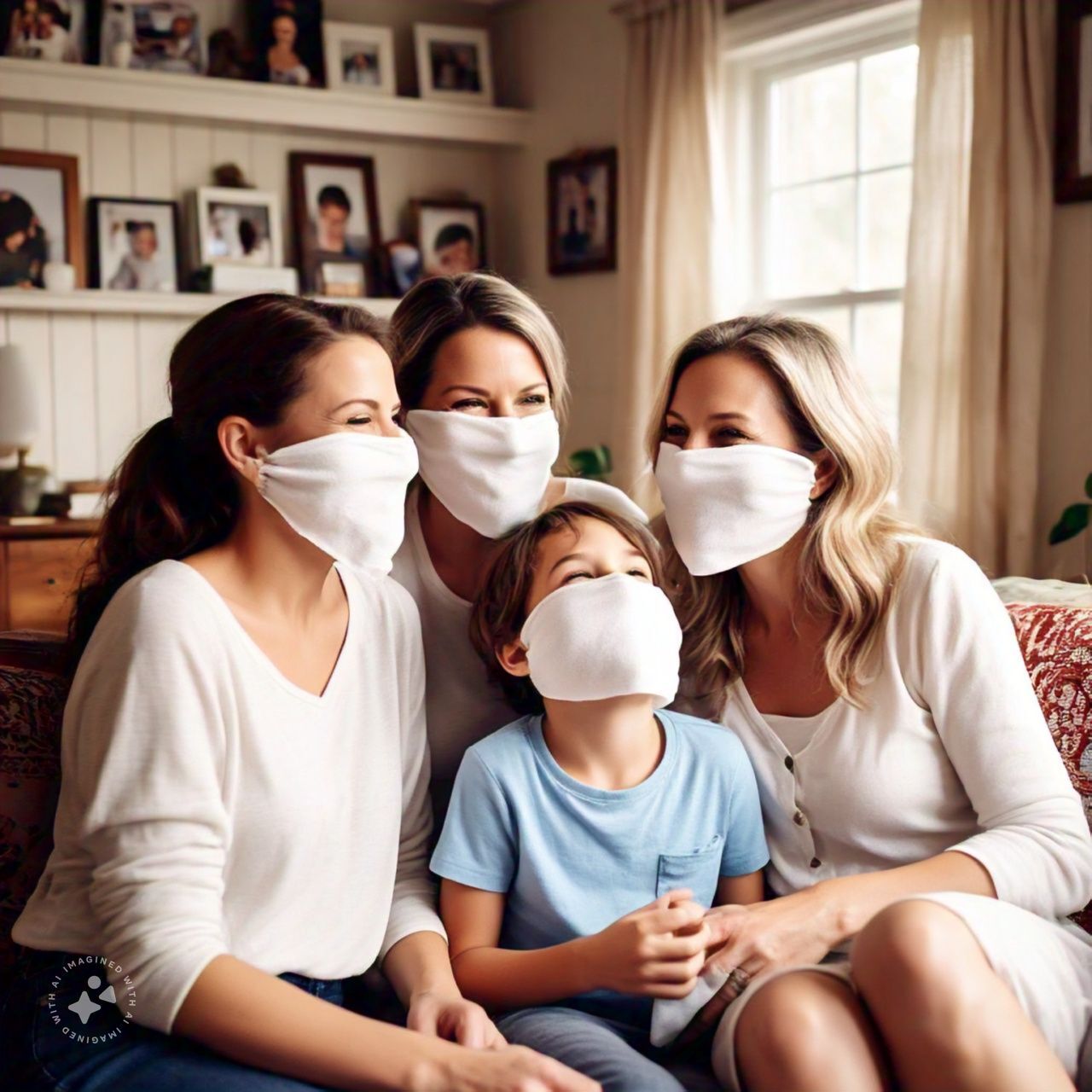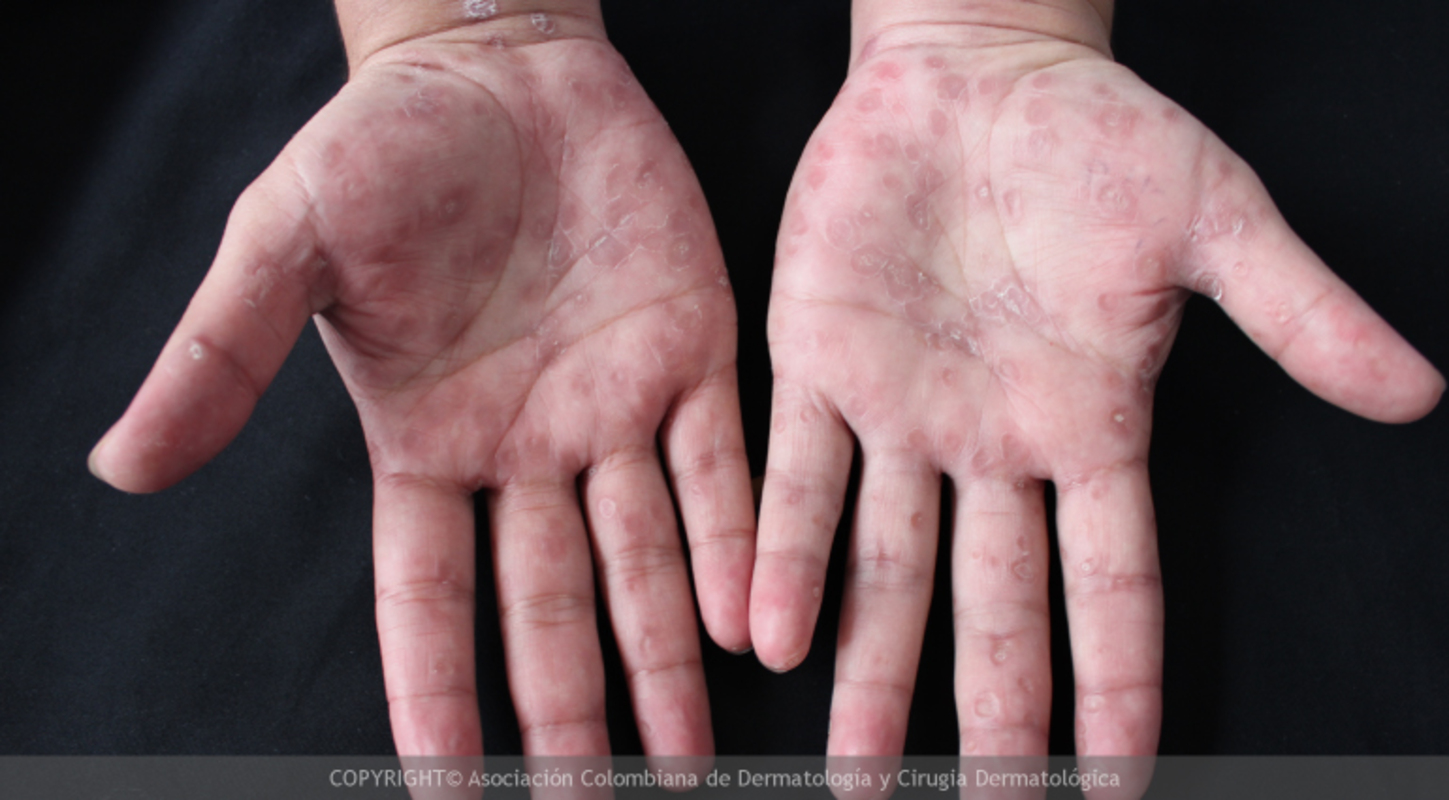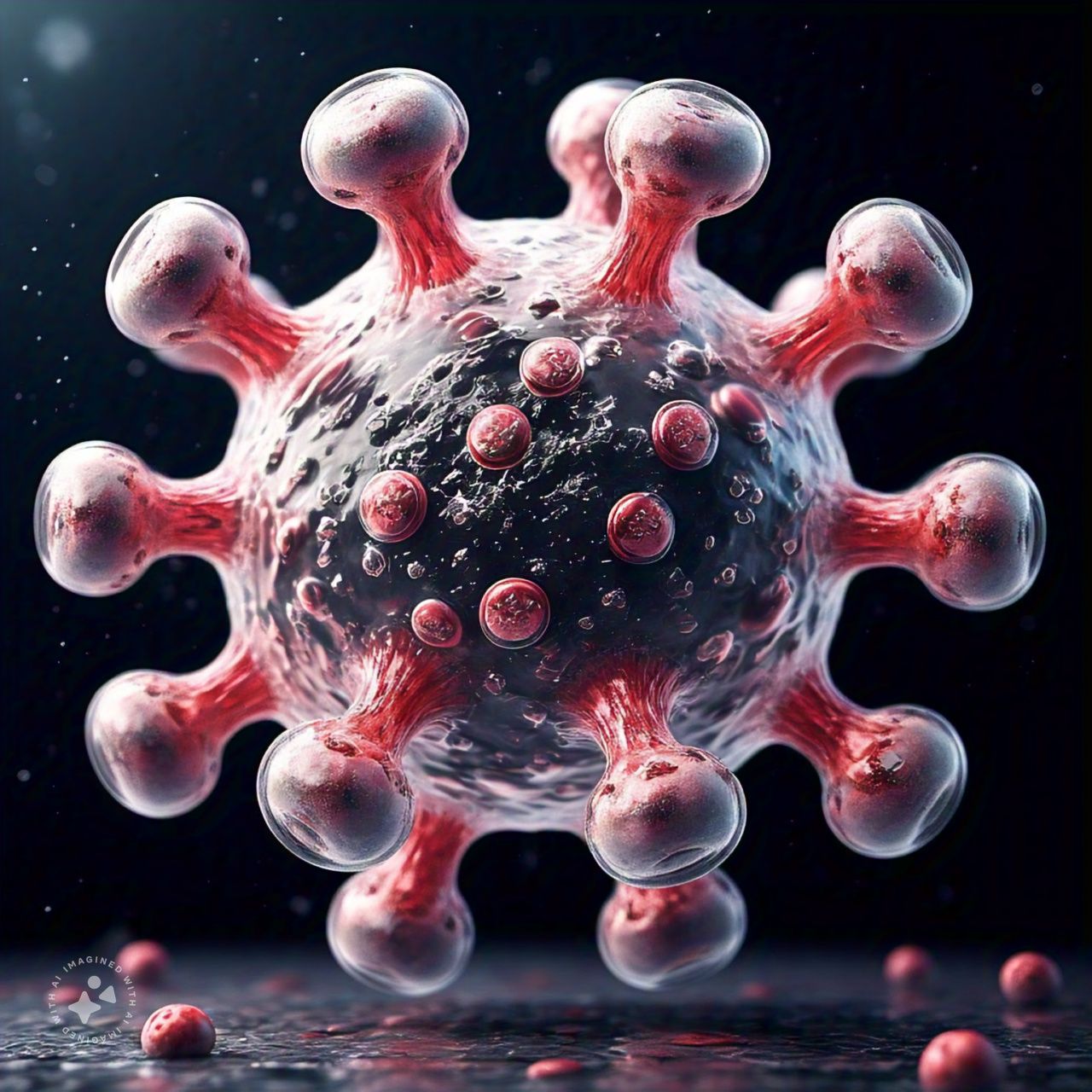
People Don't Know That Consuming It Can Cause Cancer
Despite growing scientific evidence linking alcohol consumption to various types of cancer, some Americans remain unaware of this fact.
any Americans Are Unaware of the Link Between Alcohol and Cancer: Decades of Marketing and Media Influence to Blame
Despite growing scientific evidence linking alcohol consumption to various types of cancer, a significant portion of the American population remains unaware of this connection. This lack of awareness is largely attributed to decades of marketing strategies and media portrayals that have normalized and even glorified alcohol consumption.
Widespread Unawareness
Recent studies reveal that over 50% of adults in the United States are unaware that alcohol consumption increases the risk of developing cancer. Even among those who acknowledge some connection, many mistakenly believe that the risk varies depending on the type of alcoholic beverage, underestimating the danger associated with moderate consumption of any alcohol type.
Scientific Evidence
The World Health Organization (WHO) and other public health institutions have identified alcohol as a risk factor for several types of cancer, including:
- Mouth and throat cancer
- Laryngeal cancer
- Esophageal cancer
- Colorectal cancer
- Liver cancer
- Breast cancer in women
The risk increases with the amount of alcohol consumed, and there is no completely safe level of alcohol consumption in terms of cancer risk.
Marketing and Media Influence
The alcohol industry has played a crucial role in shaping public perceptions about its products. Through advertising campaigns associating alcohol with healthy lifestyles, social success, and personal appeal, it has minimized the perceived risks of consumption. Additionally, strategies like "pinkwashing," which link alcohol consumption to charitable causes such as breast cancer awareness, create confusion and misinformation about the actual effects of alcohol on health.
Research has shown that organizations within the alcohol industry often provide misleading or incomplete information about the relationship between alcohol and cancer, diverting attention from the real risks.
The Need for Greater Awareness
The lack of knowledge about the risks associated with alcohol consumption and cancer underscores the need for more robust public health campaigns to educate the population about these dangers. Implementing warning labels on alcoholic products, regulating advertising, and promoting educational programs can help counter decades of misinformation and reduce the incidence of alcohol-related cancers.
In conclusion, it is imperative for both health authorities and society to recognize and address the influence of marketing and media portrayals on alcohol perceptions. Doing so will foster a clearer understanding of its risks and encourage healthier consumption habits.











LEAVE A COMMENT:
Join the discussion! Leave a comment.